In an upfront interaction, Marcos Oliveira, President and CEO of Iochpe-Maxion S.A. speaks about the upskilling initiative to bridge the skill gap and create a level playing field, with Upendra Kasbekar.
Q: What inspired Iochpe-Maxion to introduce the Formare program in India?
A: The Formare Program has been a cornerstone of our operations for 35 years, initially launched in Brazil. Its main objective is to support underprivileged youth by equipping them with skills necessary for the workforce. We’ve successfully trained over 26,000 students in Brazil alone. After expanding this initiative to Mexico, we recognised a similar need for talent development in India, particularly in Pune, where we operate three plants. Our program here aims to provide young individuals with both academic and practical experience, allowing them to contribute effectively from day one.
Q: You mentioned the similarities in needs across Brazil, Mexico, and India. Can you elaborate on that?
A: While there are cultural differences, the challenges faced by underprivileged youth are quite similar across these regions. In Brazil, Mexico, and India, many young individuals lack access to quality education and job opportunities. This is in stark contrast to more developed countries like Germany, where educational access is significantly higher. Our experience in these markets enables us to adapt and successfully implement programs like Formare, which accelerates youth development and prepares them for the job market.
Q: How has the post-COVID business landscape differed for Iochpe-Maxion in India compared to other countries?
A: The COVID-19 pandemic introduced several challenges, including shortages of raw materials and semiconductors, impacting vehicle production globally. However, as we moved into 2023, the semiconductor shortages have been resolved, stabilising demand and production. The automotive industry is currently navigating the transition from ICE to EVs. Initially, many expected this transition to be swift, but it has proven to be slower than anticipated, creating a significant role for hybrid vehicles in the interim.
Q: What implications does this transition hold for Iochpe-Maxion’s business?
A: For us, the shift towards EVs, hybrid vehicles, and internal combustion vehicles does not pose a challenge. Our core products wheels and structural components remain essential across all vehicle types. The engineering design may change slightly, but our robust manufacturing processes enable us to adapt seamlessly to these demands. Whether it’s for EVs or traditional vehicles, our products continue to meet the needs of our customers.
Q: Innovation is crucial in today’s automotive market. How is Iochpe-Maxion approaching it?
A: We have a dedicated advanced engineering and innovation team focused on developing lighter, more durable products. Our commitment to quality ensures that we do not compromise safety. We explore new materials and compositions that enhance our products’ durability while reducing weight. Sustainability is also a priority; we are working towards a 30 per cent reduction in emissions from our manufacturing facilities between 2020-25, having already achieved this target in 2023. Our long-term goal is a 70 per cent reduction by 2030, which demonstrates our commitment to environmentally friendly practices.
Q: In what ways are you addressing sustainability in your operations?
A: Sustainability is a crucial priority for us. We are continually working to improve our manufacturing processes in order to reduce CO2 emissions. As previously noted, we have ambitious targets for significantly lowering our emissions and are investing in advanced technologies to enhance both product development and production efficiency. This strategy not only benefits the environment but also leads to innovative solutions for our customers. ACI


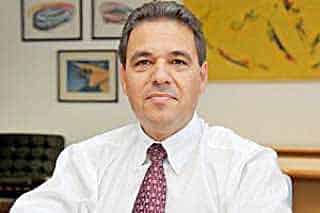


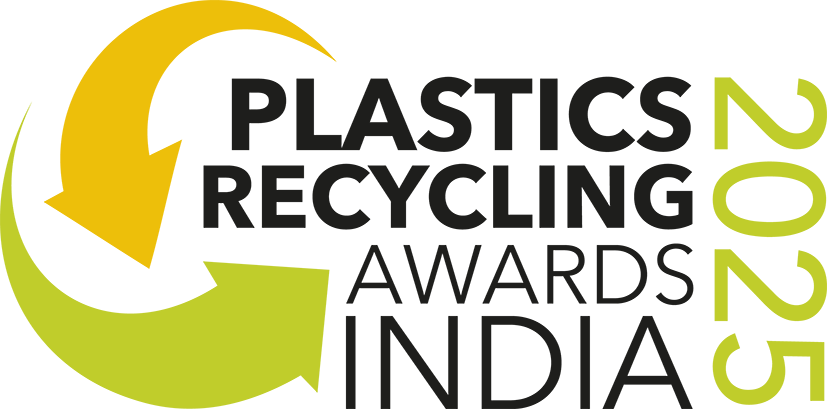
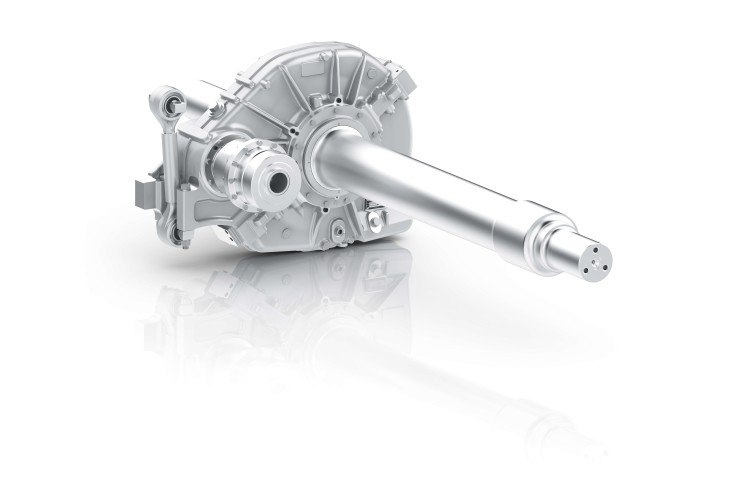
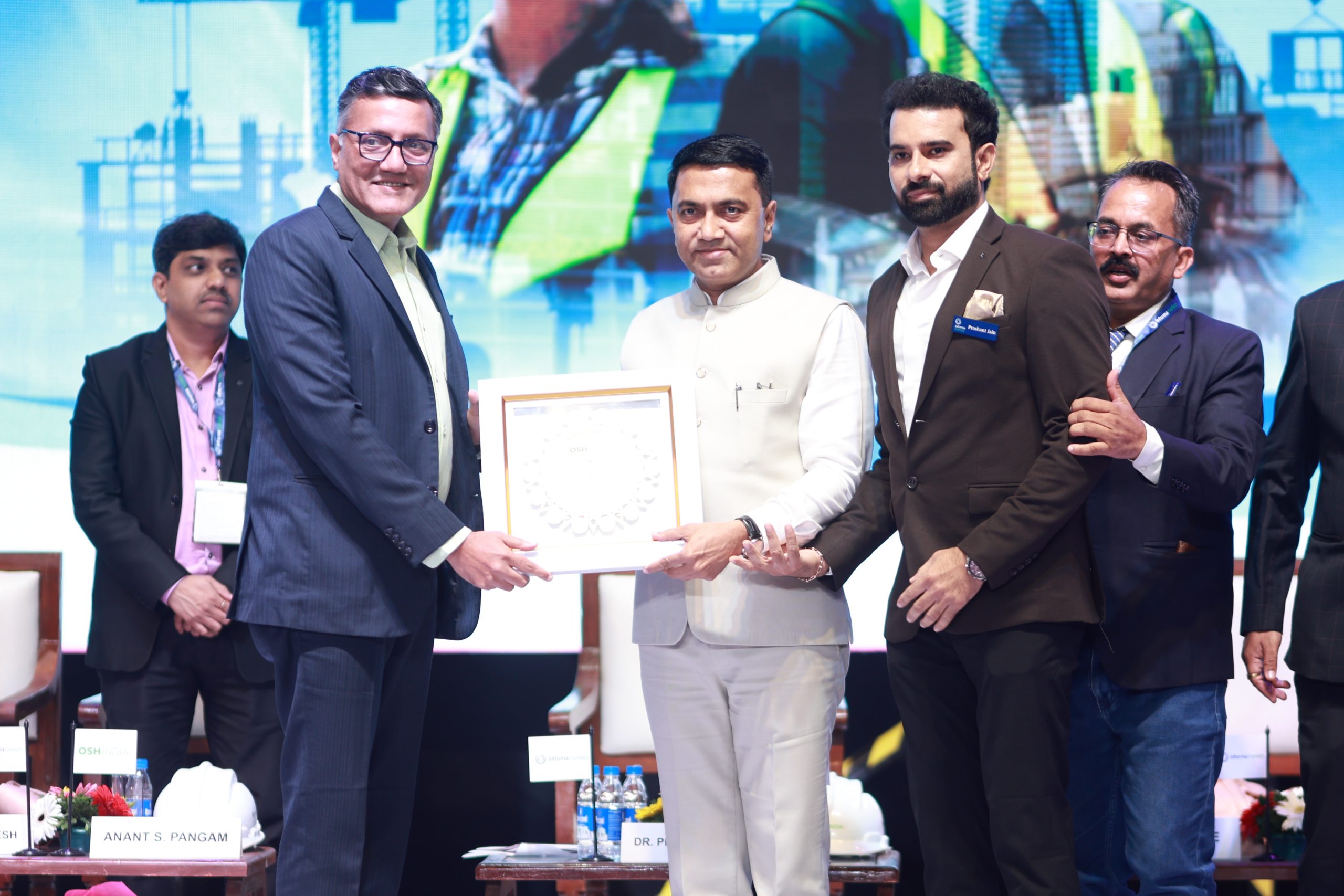
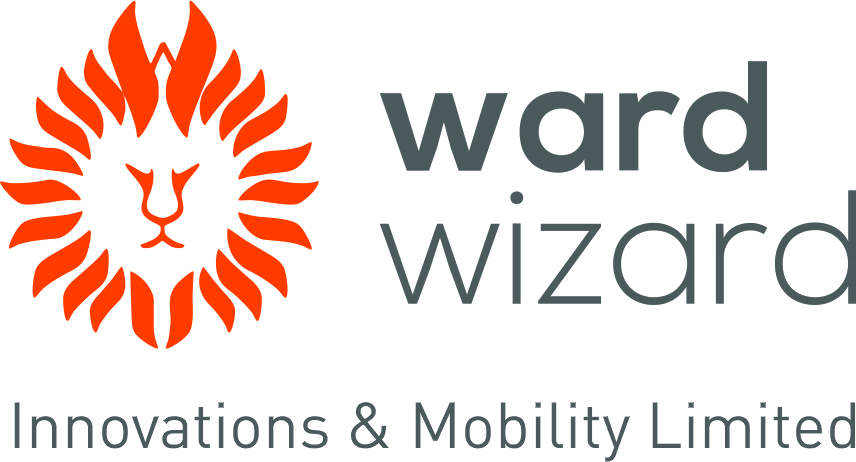

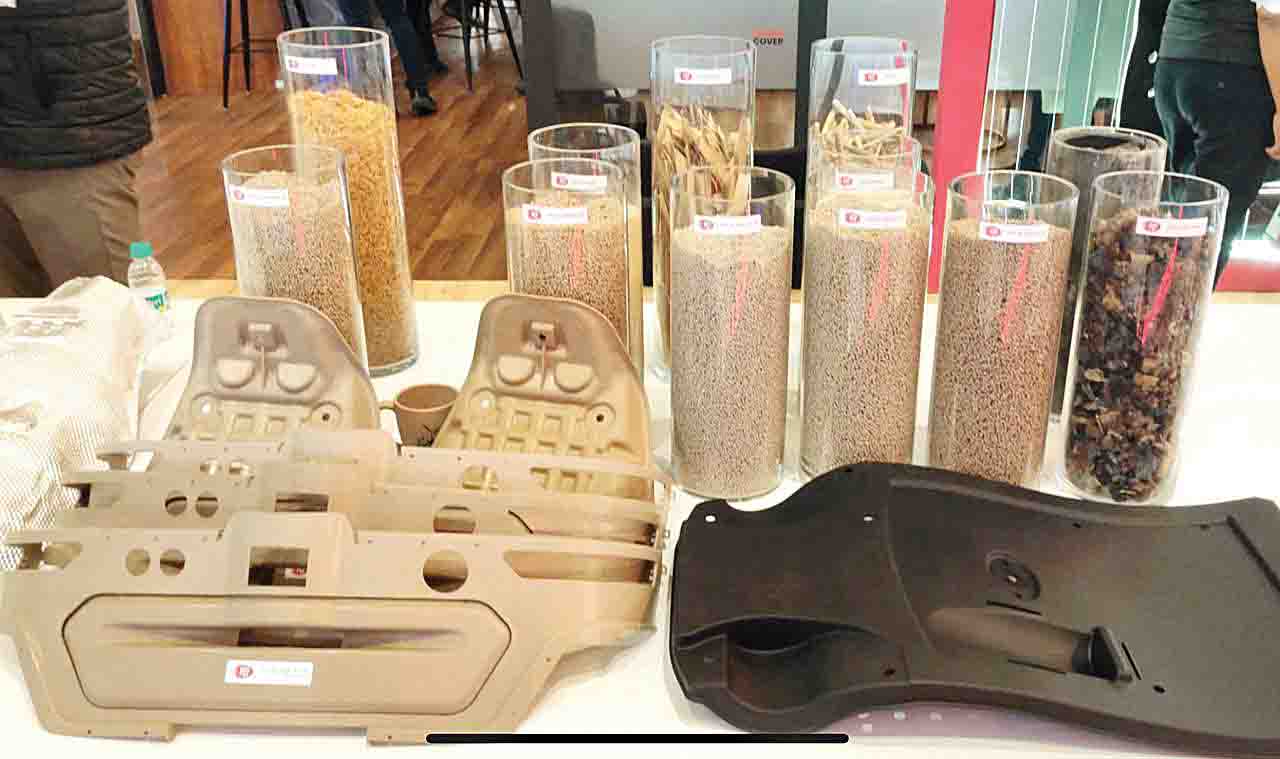
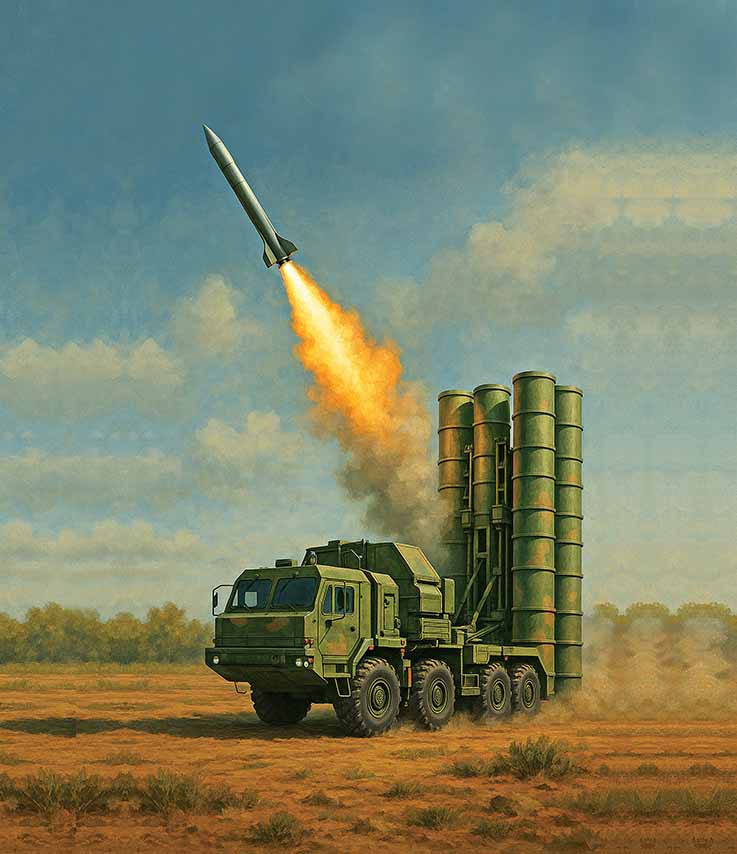




Leave a Reply